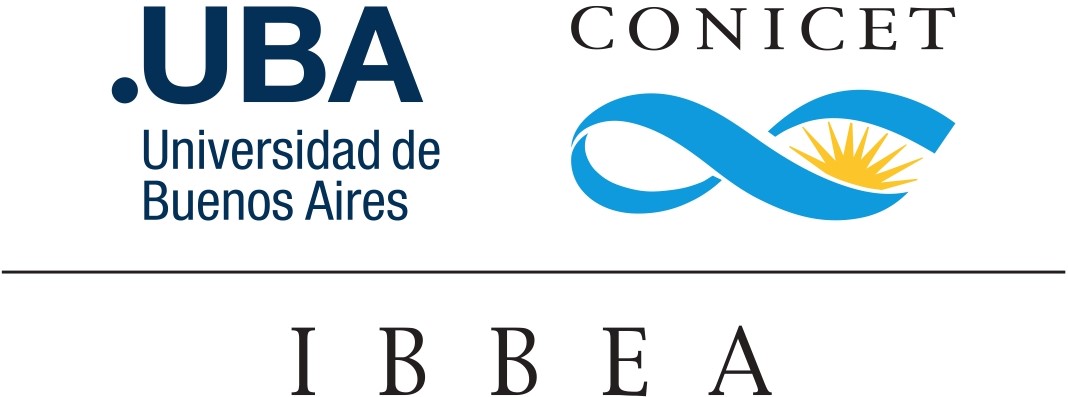Group Leader
 |
Dra. Romina Beatriz Barrozo Investigadora Independiente (CONICET). rominabar |
The sense of taste plays a crucial role in animals’ life, providing information about the quality of a food source. Moreover it provides a means of discrimination between nutrient-rich, from harmful food. Our goal is to elucidate the mechanisms of taste processing from the sensory input to the behavioral output. We study different aspects of the taste sensory physiology, by using tools like electrophysiology, neuroanatomy and behavior. We focus on questions like: how do insects assess the food quality? Are gustatory stimuli discriminated among intra- and inter-modalities? Which is the role of the taste sense in host recognition? Which are the appetitive molecules that govern feeding? Are there aversive compounds that prevent feeding of vectors? Which are the transduction mechanisms associated? How does the taste input combine with other sensory modalities (e.g. olfaction), and with the internal state (e.g. hunger and satiety)? Where is the gustatory sensory information processed in the brain? This knowledge can help the development of new tools leading to decrease vector-host interactions, therefore the vectorial transmission.
Current Research Lines:
- Contact repellents, a new approach in personal protection against the Aedes aegypti mosquito.
- Reproductive biology of male Aedes aegypti: sensory capacities and behavioral and neuronal plasticity.
- Molecular and physiological bases of blood detection in a hematophagous insect.
- Sensory biology of kissing bugs: from genes to behavior.
Models:
Mosquitoes Aedes aegypti
Kissing bugs Rhodnius prolixus
Head lice Pediculus humanus capitis

